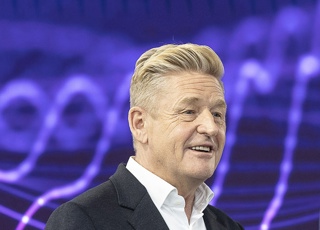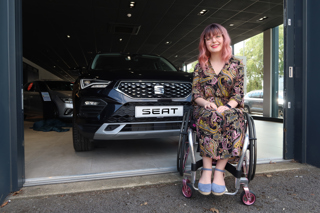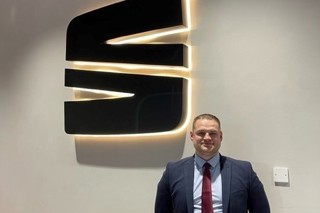Tighe wanted to make it as easy as possible for dealers to buy stock from Seat. He wanted to introduce closer management of Seat's used cars in order to provide dealers with the models they needed, and he wanted the network to help Seat improve its residual values. In four years he has completely reinvigorated the franchised network, winning their buy-in to the scheme – currently 137 of Seat's xxx dealers have joined. Since 2001 it has been in the black, with profits steadily growing year-on-year. Those profits are reinvested back into supporting the franchised network.
Key to the scheme's success has been stock management. Seat has closely monitored the supply and specification of company cars, demonstrators and rental cars to ensure the cars returning to the market are desirable for private buyers. Consequently, residual values are improving.
Tighe's amendments weren't totally without hitch, however. He wanted to ensure the guarantee offered was among the best of any manufacturer used car scheme – and for a brief period it was actually better than the new car warranty. Dealers had concerns over certain elements, which were fine-tuned. And all the while, Tighe was reminding them of the benefits of good customer service, and how the scheme would help them to boost long-term loyalty.
The scheme is comprehensive in its coverage of Seat's model range. Cars up to 15 years old are included, given dealers a limitless customer base to target. Each car undergoes a 101-point inspection check, with finance and accident verification through HPI. Service history and recorded mileage is checked and guaranteed, and every car is sold with a no-fault, no-cost vehicle exchange promise for 30 days and unlimited mileage. The 12-month, unlimited mileage guarantee includes all component cover and offering protection to the full value of the car, giving customers complete peace of mind.
The AM judges asked several key questions: does the scheme make money for the dealer; does it increase sales and improve residuals; and, does it have good profile with consumers? In each case the answer was yes.
Tighe is constantly refining the scheme, adding new features. Seat used to send all cars to a central contractor for refurbishment, but Tighe took the decision to cut out the middleman and sell them direct 'as seen' to the dealer, who carries out the remedial work. Each car has a condition report outlining any work required and the estimated cost. The result? Extra parts and service throughput for dealers and a higher standard of work.
Nothing is taken for granted. In 2002 Seat carried out a dealer survey to find out their exact requirements on nearly-new cars. This led to the company changing its profile of rental cars to include higher specification product with a higher diesel mix. Seat was also able to establish accurate timing for the return of rental and company cars to better match supply with demand. Meanwhile dealers themselves are regular visited by a firm of used car consultants who monitor standards and give assistance with their used car operations.
JUDGES' COMMENT:
This was a close contest, but Seat stood out after a complete transformation in its used car scheme over the past couple of years. In going from making a loss in 2000 to profit, Seat has understood the importance of its used car business and dealers have completely bought into the concept. The programme benefits the manufacturer, the dealer and the customer.


















Login to comment
Comments
No comments have been made yet.